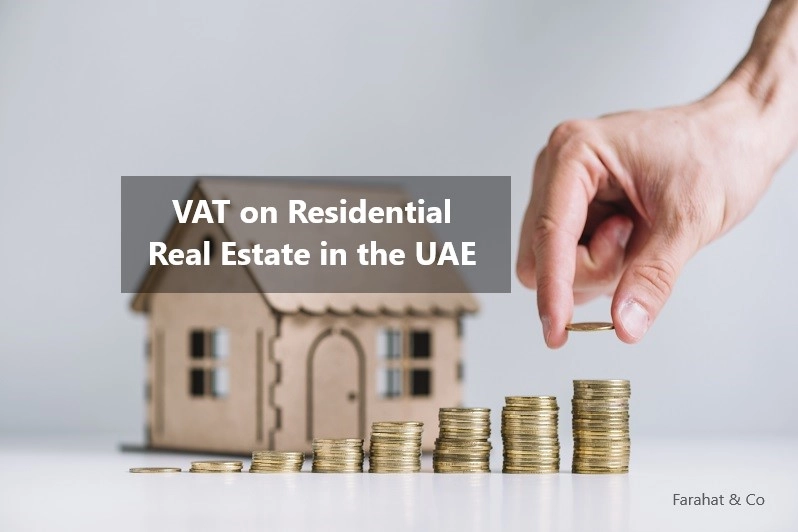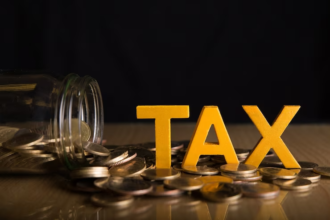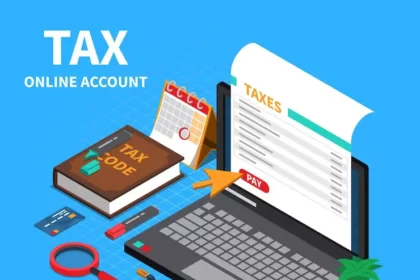VAT in UAE
Value Added Tax (VAT) In The UAE
Value Added Tax – VAT in UAE, an indirect tax levied on most supplies of goods and services, is a common feature in economies worldwide. It plays a crucial role in government revenue generation and influences various supply chain stages. This article delves into the concept of Trusted VAT experts in UAE, its workings in the UAE, and its implications on businesses and consumers.
What Is VAT in UAE?
VAT stands for Value Added Tax and serves as a consumption tax that applies to goods and services, benefiting the government by providing a substantial source of revenue. Unlike income tax, VAT treats everyone equally regardless of income level, as it is imposed on goods and services consumed.
Who pays VAT in UAE?
In the UAE, VAT is levied at each value chain stage, ensuring that businesses along the supply chain collect and pay Value Added Tax (VAT) in the UAE to the government. This system enables businesses to claim a tax credit on the Trusted VAT experts in UAE they have paid while selling goods or services to consumers. Consequently, Dubai’s VAT authority (FTA) generates income through the 5% VAT imposed. By adopting VAT, Dubai aims to enhance its consumer-oriented business environment and improve citizens’ quality of life.
What Is the VAT Rate in the UAE?
The UAE implemented VAT on January 1, 2018, with a standard rate of 5%.
VAT vs. Sales Tax: Understanding the Difference
While sales tax applies only to the final consumer, VAT impacts the entire supply chain, including the final sale. Moreover, Tax Return Services in UAE is also imposed on imports, helping domestic businesses remain competitive.
How Is VAT Calculated in the UAE?
Calculating Value Added Tax (VAT) in the UAE is straightforward. The Tax Return Services in UAE of 5% is applied to the cost price of specific goods or services.
VAT Exempt Sectors in the UAE
Certain sectors in the UAE are exempt from VAT, including:
- Certain financial services
- Residential properties
- Local passenger transport
- Bare land
Additionally, there are “zero-rated sectors” where VAT is set at 0% on the main categories of supplies. This includes:
- Exports outside the GCC region
- Supplies for certain forms of transportation, including international transport
- New constructed residential properties under certain conditions
- Some investment-grade precious metals
- Some education and healthcare services
Furthermore, certain transactions in goods between companies established in UAE Designated (Free) Zones may not be subject to VAT. However, the supply of services within these zones is subject to VAT according to the general application of UAE VAT legislation.
VAT Refunds: Claiming Back from the Government
Businesses may receive VAT returns from the UAE for the tax they have paid to their suppliers. The process to request a refund involves the following steps:
- Visit the FTA’s e-Services portal.
- Select ‘VAT,’ then ‘VAT refunds,’ followed by ‘VAT refund request.’
- Fill out the request form.
VAT in Real Estate
The application of VAT in UAE real estate depends on whether the property is residential or commercial. Commercial properties fall under the VAT requirement, while residential properties are generally exempt from VAT. This helps buyers avoid incurring an irrecoverable cost. To support real estate developers in recovering VAT Implementation in UAE on the construction of residential properties, the first supply of such properties within three years of completion (at the time of VAT introduction) is zero-rated.
VAT-Related Responsibilities of Businesses
As a business owner in the UAE, it is essential to maintain accurate financial records to ensure compliance. Businesses that meet the minimum annual turnover requirement have to complete VAT registration. Even if the criteria are not met, keeping financial records is good practice to establish the need for VAT filing in the UAE when required.
VAT grouping is allowed under certain conditions. Additionally, specific documentary and record-keeping requirements, such as issuing tax invoices and submitting VAT returns, must be met quarterly or monthly, depending on the FTA’s allocation.
UAE Government Statement on VAT and Registration Requirements
The introduction of VAT in UAE on January 1, 2018, at a rate of 5%, marked a significant milestone for the economy. The implementation aimed to diversify sources of income, reducing dependence on oil and other hydrocarbons for revenue. Businesses must register for VAT if their taxable supplies and imports exceed AED 375,000 annually. However, VAT filing in the UAE is optional for businesses whose supplies and imports exceed AED 187,500 annually.
Excess input VAT can be claimed back from the VAT authority, FTA, subject to specific procedures. They can also carry the VAT credit forward and deduct it from future output VAT Implementation in UAE. Failure to comply with VAT obligations may result in fines and penalties, which can be fixed or tax-geared.
Government Entities and VAT in UAE Purposes
UAE government entities are subject to VAT in UAE on their supplies to ensure a level playing field with private businesses. However, some supplies made by government entities may be excluded from VAT if they do not compete with the private sector or the entity is the sole provider of such supplies. Certain government entities are entitled to VAT returns in the UAE to avoid budgetary issues and create fairness between outsourced and insourced activities.
VAT Implementation in UAE
For supplies provided to government entities, the treatment depends on the nature of the supply and not on the recipient. Thus, if a supply is subject to the standard tax rate, the treatment remains the same, even if provided to a government entity.
In conclusion, Value Added Tax (VAT) has become integral to the UAE’s economic landscape since its implementation in 2018. It is essential for businesses and consumers to understand its principles, implications, and application. The UAE steps towards fiscal diversification and a sustainable financial future by embracing VAT Implementation in UAE.
FAQs about VAT in the UAE
VAT is a 5% tax levied on taxable supplies of goods or services at each stage of the supply chain for tax-registered businesses in the UAE.
To calculate VAT in the UAE, multiply the cost price of a good or service by 5%.
For VAT filing in the UAE, visit the FTA’s website and access the online registration portal, following the instructions.
Access the VAT authority’s e-Services Portal using your username and password to claim a VAT refund in the UAE. Then, fill out the refund form under the VAT tab, specifically VAT311 – VAT Refunds.
File a VAT return in the UAE by accessing the FTA portal at eservices.tax.gov.ae and ensuring compliance with all tax return requirements before submitting the form.
Latest News
UAE Taxation System
Step-by-Step Guide For UAE Taxation System: The United Arab Emirates follows a…
How to Calculate VAT In UAE
Calculate 5% VAT in UAE is done according to the Article 53…
Turnover Tax UAE- A Complete Guide For Beginner
Turnover Tax UAE, also known as sales tax or Value Added Tax…
Corporate Tax UAE Eligibility At 9% Of The Net Profit
In January 2022, the Ministry of Finance publicized that it would put…
All About The UAE Federal Tax Authority
The UAE Federal Tax Authority (FTA) is a government institution responsible for…
Business Tax in UAE
How to calculate business tax in UAE? Business Tax in UAE requires…















